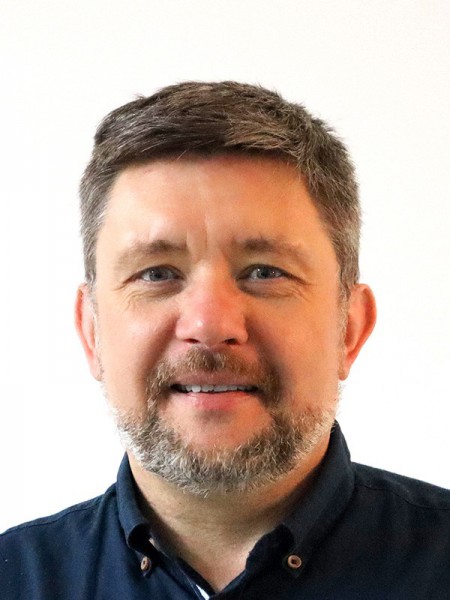abstract
In materials characterization, traditionally a single experimental sample is used to derive information about a single point in the composition space, while the imperfections, impurities, and stochastic details of material structure are deemed irrelevant or complicating factors in the analysis. Here we demonstrate that atomic-scale studies of a single nominal composition can provide information about microstructures and thermodynamic response over a finite area of chemical space. Using the principles of statistical inference, we develop a framework for incorporating structural fluctuations into statistical mechanical models and use it to solve the inverse problem of deriving effective interatomic interactions responsible for elemental segregation in a La5/8Ca3/8MnO3 thin film. The results are further analyzed by a variational autoencoder to detect anomalous behavior in the composition phase diagram. This study provides a framework for creating generative models from a combination of multiple experimental data and provides direct insight into the driving forces for cation segregation in manganites.
keywords
STATISTICAL DISTANCE; MANGANITES; INFRASTRUCTURE; IDENTIFICATION; SEGREGATION; EXTRACTION; SURFACES; ELECTRON; PHYSICS; SEARCH
subject category
Chemistry; Science & Technology - Other Topics; Materials Science
authors
Vlcek, L; Ziatdinov, M; Maksov, A; Tselev, A; Baddorf, AP; Kalinin, SV; Vasudevan, RK
our authors
acknowledgements
The work was supported by the U.S. Department of Energy, Office of Science, Materials Sciences and Engineering Division (R.K.V., S.V.K., L.V., M.Z., A.M.). Research was conducted at the Center for Nanophase Materials Sciences, which also provided support (A.P.B.) and is a US DOE Office of Science User Facility. A.T. acknowledges CICECO-Aveiro Institute of Materials, POCI-01-0145-FEDER-007679 (FCT ref. UM/CTM/50011/2013), financed by national funds through the FCT/MEC and when appropriate cofinanced by FEDER under the PT2020 Partnership Agreement.


